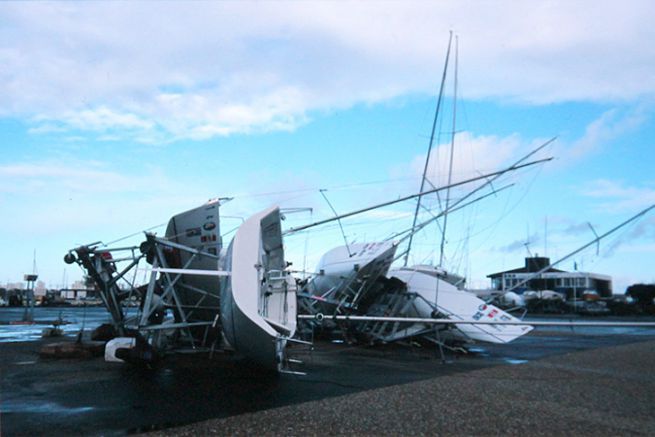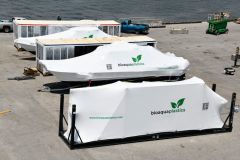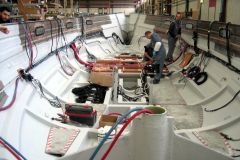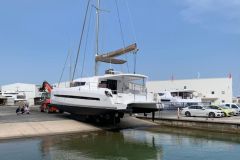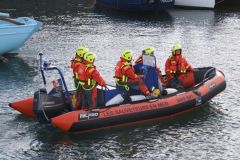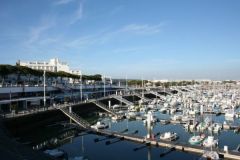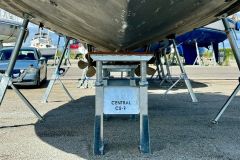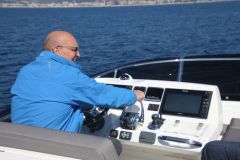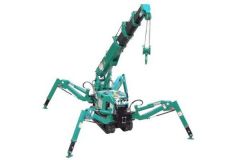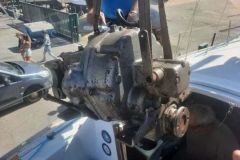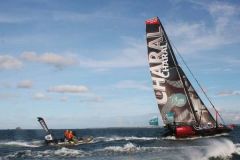An insurance problem
Storm Zeus claimed many victims in the French pleasure fleet, often stored ashore at the end of winter. The gusts have caused the boats to fall from their chocks and boaters will now have to answer questions from their insurers.
The storage tools are multiple and it can be difficult for individuals and professionals to see clearly. Homemade beers are generally not covered by insurance, as for professional products, they each have their own characteristics.
Lack of standards
To date, there are no standards or regulations, either French or European, in force for boat wedges. Vincent Harnois of Nautipark, a specialist in the sector, confirms this. " There are no standards or mandatory controls on the manufacture of wedging braces."
A choice of manufacturers
In the absence of a formal standard, each manufacturer chooses its own approach. Nautipark relies on the Eurocode and its wind awareness for its high bay storage racks. For the classical wedging wedges, the company has chosen the CE certification according to the directive 2006/42/CEE, applicable to the machine wedges. The technical file and manufacturing are controlled by APAVE.
Even if they are rare, Nautipark studies the causes of accidents to explain them to insurers and clients. This is usually bad chock.
Beyond product certification, Nautipark carries out destructive tests and offers calibration training to ensure proper product use.
Each port has its own policy
While on a number of medians, there are still some tinkered with by boaters, they seem that the ports wish to change the situation. In Le Havre, for example, wooden bers are prohibited and operators are required to check the good condition of the wedging system, particularly in terms of corrosion. The port makes boaters aware of the risks of small-scale fishing if the insurer is not aware of them. If the manager has thought about banning them, the step has not been taken because many of them are also very resistant.
Other marinas have done so and now require the use of bers with builder plates. They generally see a decrease in boat falls.
Towards standardization?
Vincent Harnois does not believe for all that in the creation of a standard on the bers of wedging in pleasure craft. "Even if it is still too much, there are not many boats that fall each year. So I don't think the standard is for right now..."

